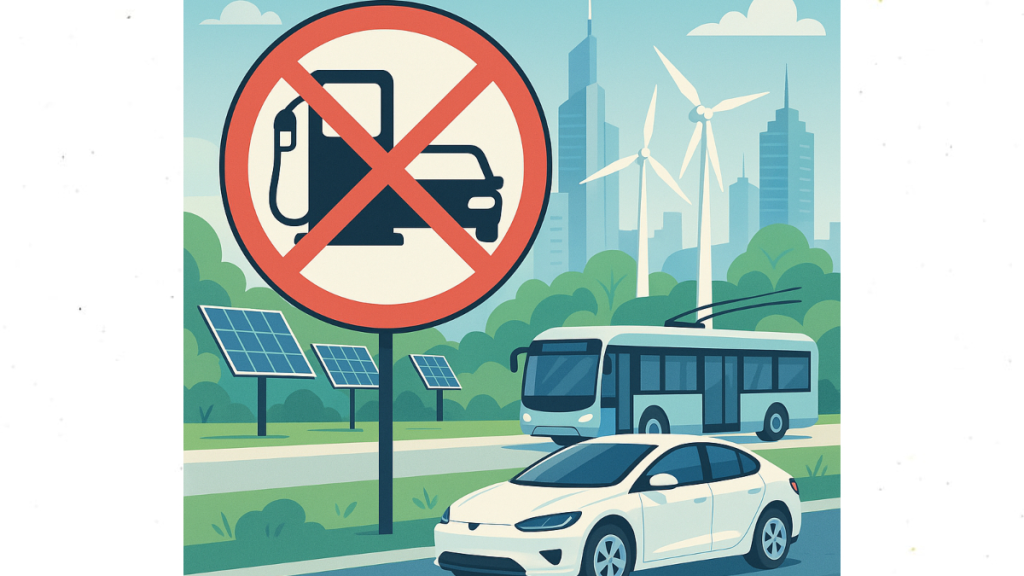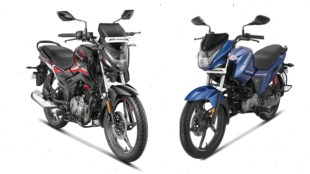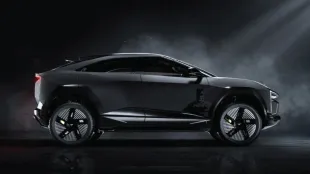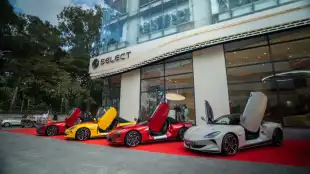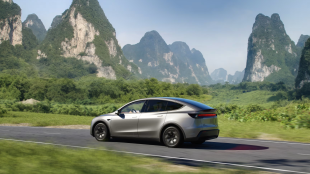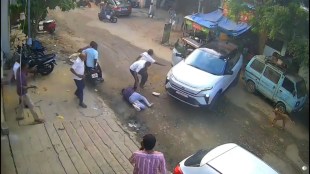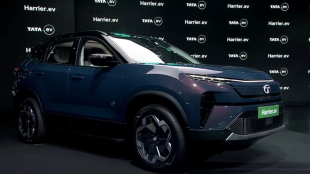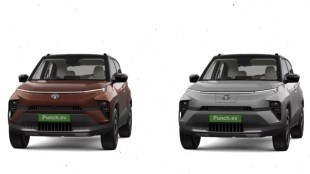The proposals for the new Delhi EV Policy have been disconcerting not only for consumers but OEMs as well. We have already discussed proposals such as putting an end to registration of petrol two-wheelers and CNG autos from August 2026 and August 2025, respectively.
Although the new policy, which is now undergoing some revisions, has been pushed back by three months, the indication is very clear that the Delhi EV Policy 2.0 hints at a serious reduction of combustion engine vehicles on the roads of the national capital. A new report reveals another significant proposal in the draft Delhi EV Policy 2.0.
Only 2 petrol/diesel cars per family
According to Reuters, the draft of Delhi’s new EV policy mentions the restriction on petrol and diesel-powered cars a family can buy. The new policy is set to limit the number of fossil fuel cars where each household can purchase up to two ICE cars. The third car in the household has to be a battery-powered EV.
All private car owners in Delhi will be required to purchase only electric cars if they intend to own a third or subsequent car registered to the same residential address,” the document states. The policy, which is expected to cost the Delhi government Rs 2860 crore, is subject to change based on feedback from car makers and other stakeholders. That said, it is not yet clear when the policy will be finalised or how it will be funded.
People of Delhi are known for their love for cars, especially SUVs. In many households, 4-5 cars in a joint family are a common occurrence. Therefore, if this rule is implemented, many Delhi car owners will be left disappointed. More details on this is expected in the next few months when the draft proposals are finalised.
Speaking on the same, Gaurav Vangaal, Associate Director | Light Vehicle Production Forecasting – Indian Subcontinent said, “While this measure can encourage the EV adoption, it may also lead to a reduction in car sales in Delhi, potentially impacting the automotive market, GST revenues, and overall tax collection for the Central & Delhi government. Additionally, we must consider the existing infrastructure to support such policies.”
“A considerable number of vehicles in Delhi lack dedicated parking spaces, raising concerns about where these cars will be charged. Is there a plan in place to install charging points through the MCD or in on-road parking areas? Addressing the charging infrastructure is vital. Furthermore, this policy seems to primarily target consumers who can afford a third car, which may limit its overall impact”, added Vangaal.
The primary objective of Delhi’s new EV policy is 30% EV penetration by 2030, from around 2.7% last year. Through this, the Delhi Transport Department wants to unlock the next phase of EV adoption in Delhi, reduce air pollution and contribute to India’s energy independence and net-zero targets.
(With inputs from Reuters)
